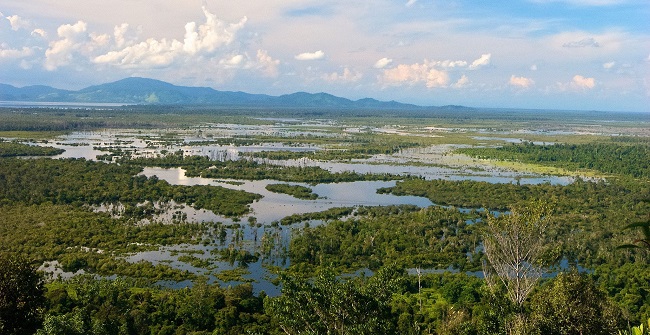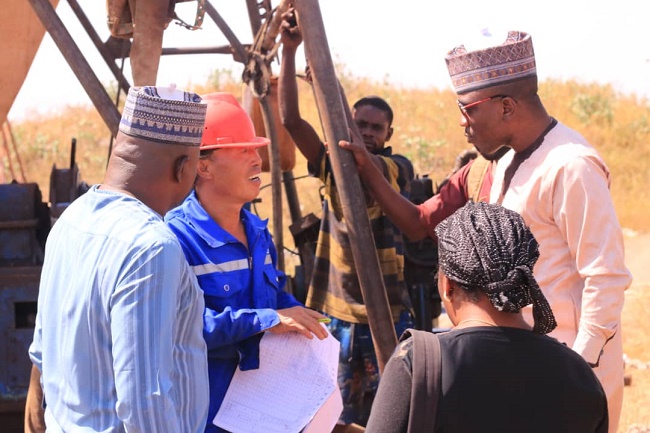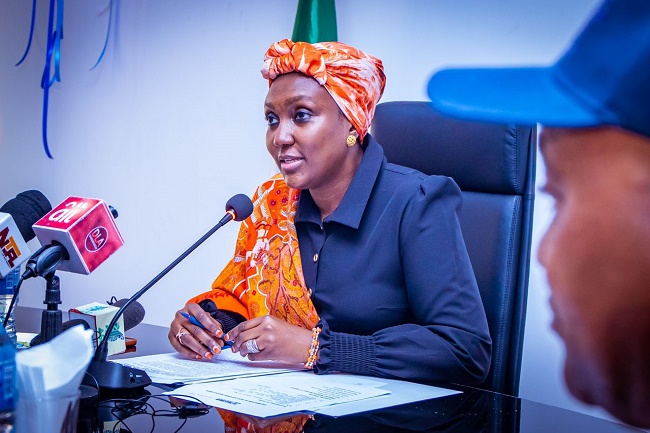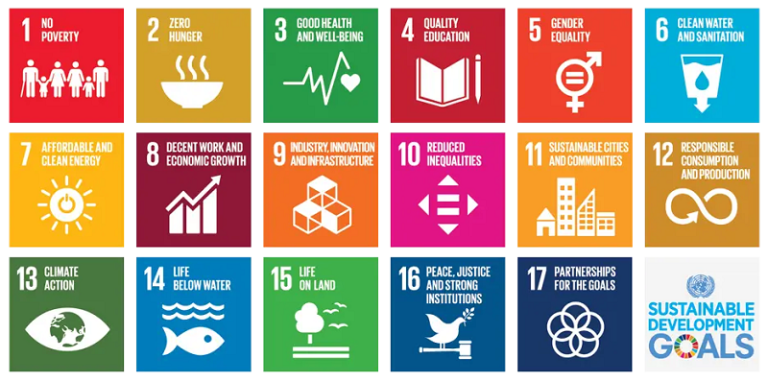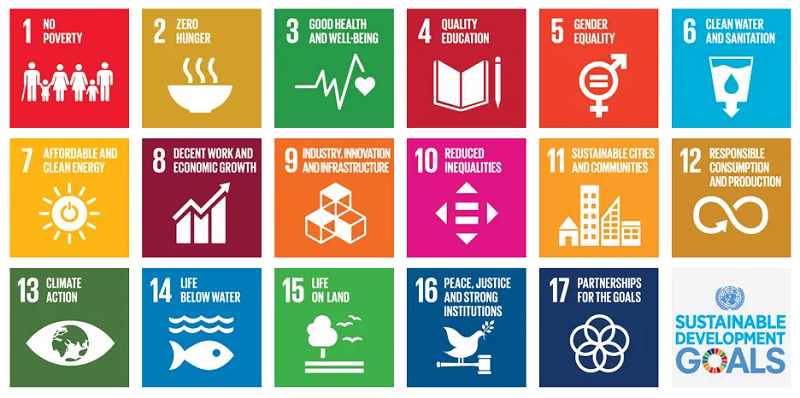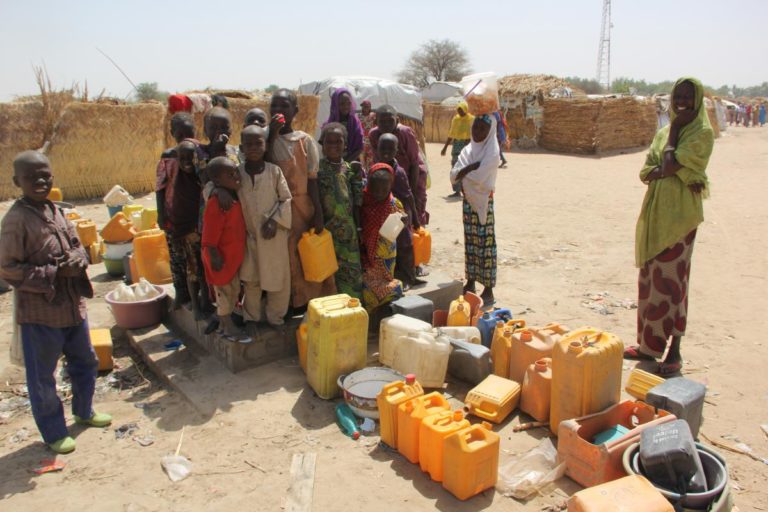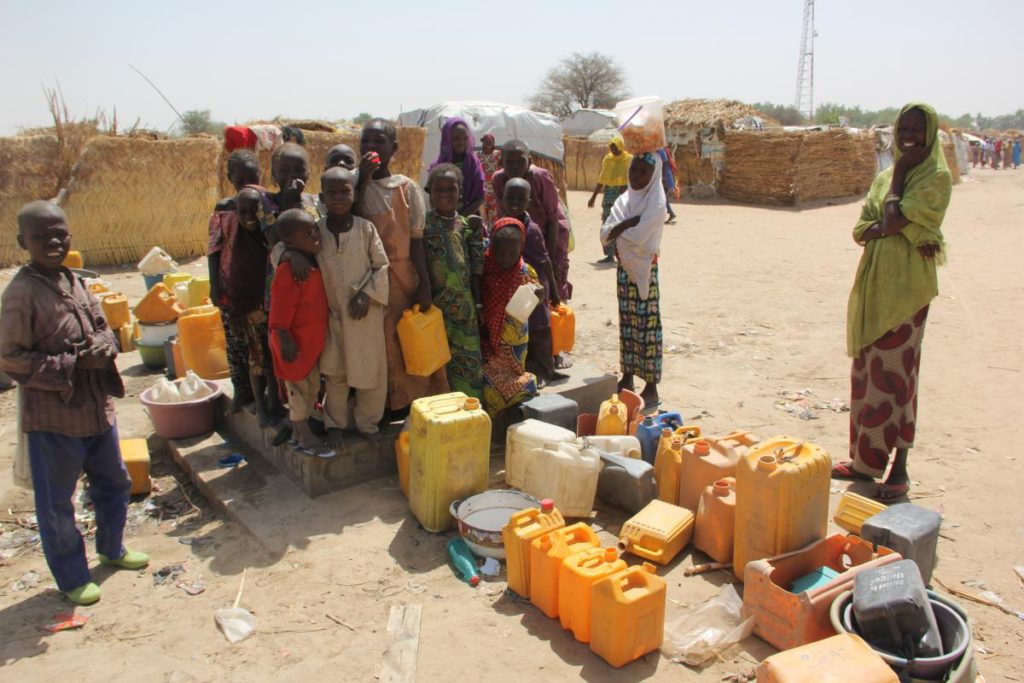Mawdo Jallow is a wildlife conservationist and CITES focal point for The Gambia, actively engaged in marine turtle conservation through the establishment of hatcheries. He also contributes to the development of a CITES species identification guidebook tailored for The Gambia. He recently spoke with the Elephant Protection Initiative (EPI) Foundation

Tell us a little bit about how you grew up, and where your passion for wildlife was ignited.
The CITES master’s programme was a transformative journey for me. It sharpened my ability to gather and interpret crucial data in my field, empowering me to make well-informed decisions that account for both scientific insights and technical aspects. These skills have been invaluable – not just in shaping effective policies but also in contributing to meaningful legislation. One of the highlights of my experience was working on drafting The Gambia’s CITES Bill, where I applied the knowledge and skills, I gained to navigate the complexities of CITES resolutions and regulations. This process also enhanced my expertise in the scientific and technical dimensions of enforcement.
The programme deepened my understanding of CITES initiatives and strengthened my commitment to protecting and managing species listed under the CITES appendices, as well as other endangered wildlife. But beyond the technical knowledge and policy work, it was the program’s emphasis on conservation that truly sparked my passion for wildlife protection. This journey has not only expanded my professional capabilities but also reinforced my dedication to preserving our planet’s incredible biodiversity.
In your experience working for wildlife conservation in Gambia, what has been the highlight of your career?
The highlight of my career in wildlife conservation in The Gambia has undoubtedly been my involvement in marine turtle conservation. Establishing hatcheries to protect these endangered species and seeing the successful release of hatchlings into the wild has been incredibly rewarding. Additionally, co-authoring landmark publications on the hooded vulture and contributing to the development of The Gambia’s CITES species identification guidebook are standout achievements. Leading the research and development unit at the Department of Parks & Wildlife Management (DPWM) has allowed me to oversee crucial biodiversity projects, from monitoring aquatic mammals like manatees and dolphins to coordinating regional conservation initiatives. These experiences have deepened my passion for preserving our country’s rich biodiversity and shaped my commitment to combating wildlife crime.
Is there any story you can share that keeps you hopeful for wildlife conservation?
One story that keeps me hopeful for wildlife conservation in The Gambia and beyond is the collaborative success we’ve had in protecting the critically endangered West African manatee. A few years ago, manatees were facing severe threats from hunting and habitat loss, with little awareness among local communities about their ecological importance. Through a regional program, we trained local fishermen and community members alongside protected area managers in both The Gambia and Sierra Leone on sustainable conservation practices. I vividly remember one fisherman, who had previously hunted manatees, sharing his new understanding of their role in maintaining healthy aquatic ecosystems.
He even took the lead in spreading awareness among his peers, becoming a protector of the species, he once hunted. His transformation, along with the active involvement of community members, has led to a decline in manatee hunting and improved protection for their habitats. This community-driven change, combined with cross-border collaboration, gives me great hope that we can protect and preserve endangered species through awareness and collective action, extending well beyond our borders.
As the CITES focal point for Gambia, what is your opinion on the role of global policies in empowering wildlife conservation at a national level?
Global policies play a crucial role in strengthening national wildlife conservation efforts by setting standards and guidelines that align countries with global conservation goals. CITES, for instance, regulates the trade of endangered species, helping protect biodiversity from illegal exploitation and unsustainable practices.
One of the most impactful aspects of CITES is its ability to elevate the urgency of wildlife protection. When The Gambia joined CITES, it prompted the development of national legislation and stricter penalties for wildlife crimes. This framework has catalysed actions like species monitoring, conservation planning, and training enforcement officers – critical steps in our work.
Global policies also offer technical and financial support, which is vital for countries with limited resources. Through CITES, our staff received training in species identification and law enforcement, building national capacity.
These policies foster regional collaboration, allowing us to address cross-border issues such as illegal wildlife trade and habitat management more effectively. Moreover, CITES emphasises science-based decision-making, pushing The Gambia to enhance data collection and monitoring systems. This has strengthened partnerships between national authorities, NGOs, and communities, creating a united front for conservation. For example, we recently developed a CITES bill, now in its final stages, and submitted a National Strategy Combating Wildlife Crime for approval.
The complex issue of maintaining Africa’s biodiversity and protecting the remaining wildlife remains to be the topic in conservation matters across the continent. As a wildlife professional, what do you think are some of the most practical solutions?
Maintaining Africa’s biodiversity and protecting its remaining wildlife is undoubtedly one of the most pressing challenges in conservation today. Practical solutions for protecting Africa’s biodiversity and wildlife involve a multifaceted approach that combines community engagement, law enforcement, habitat restoration, sustainable land use, education, tourism, scientific research, and international cooperation. By addressing these challenges collaboratively and systematically, we can improve the long-term prospects for Africa’s wildlife and ecosystems.
Do you remain optimistic that coexistence between people and wildlife is possible in Africa?
Yes, I remain optimistic that coexistence between people and wildlife in Africa is achievable, though it requires collaboration and innovative solutions. Africa’s rich biodiversity coexists with rapidly growing human populations, creating both challenges and opportunities. My optimism stems from the growing recognition of wildlife’s value in supporting livelihoods, such as through eco-tourism and sustainable agriculture.
Many communities now see the economic benefits of conservation, leading to successful initiatives like community-based programs where locals manage wildlife areas and reap the rewards. Inspiring examples abound, such as farmers using beehive fences to protect crops from elephants or working with conservation groups to create buffer zones and wildlife corridors. Governments are increasingly integrating conservation into national policies, acknowledging wildlife’s economic, cultural, and ecological importance.
I also see hope in the younger generation’s passion for conservation, with rising awareness through education and media driving sustainable practices. While challenges remain, continued collaboration among governments, communities, and organisations can foster a future where both people and wildlife thrive together. Coexistence is not just possible – it’s within reach.


